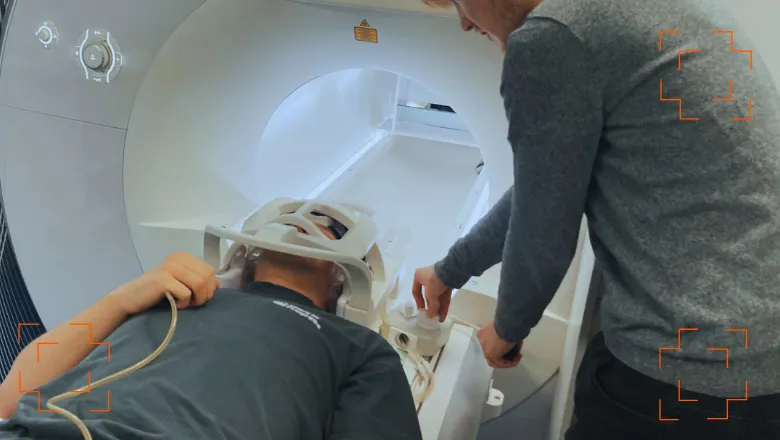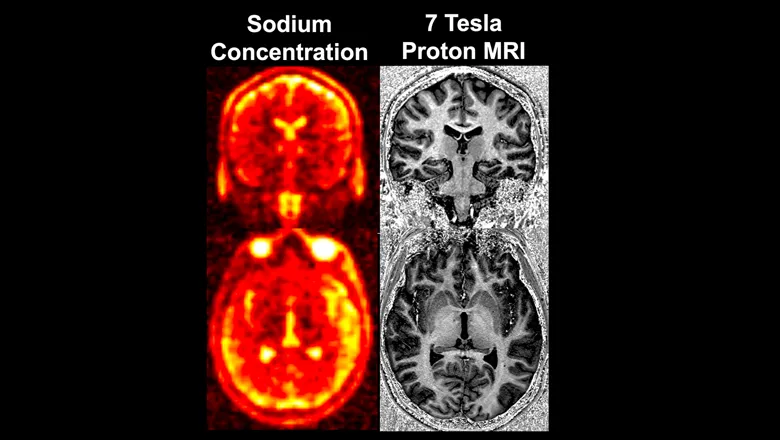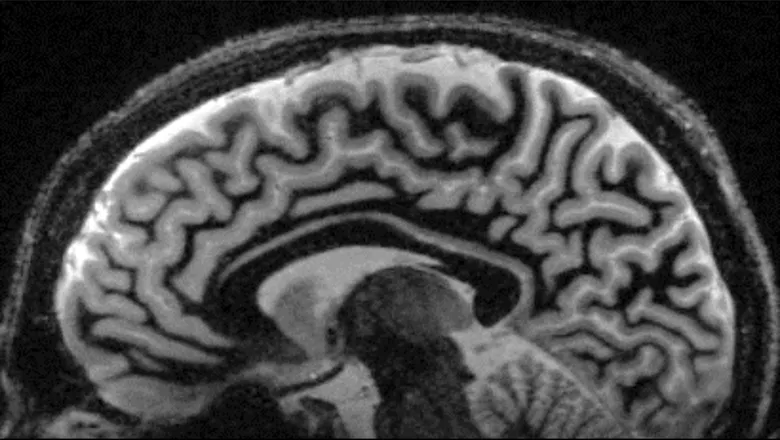
Professor David Carmichael
Professor in Magnetic Resonance Imaging
Research interests
- Imaging sciences
Biography
I have a background in MRI Physics, which over time this has developed into a wider interest in developing and applying new combinations of imaging techniques to measure and understand the human brain across spatial and temporal scales. My main focus over the last few years has been on combined measurements of electrophysiology via EEG and functional MRI and quantitative structural MRI. I have a particular interest in the application of these methods in the study of epilepsy. Modern neuroimaging play a number of vital roles in this context. They can be used to non-invasively identify (map) epileptogenic brain regions. However, they can also go far beyond this and be used to measure the complex interactions between brain areas and how these relate to the unwanted synchronous brain activity found in epilepsy.Crucially both the mapping and characterisation of brain dynamics can inform and assess treatment approaches for example via surgery or electrical stimulation.
Research

King's Epilepsy Research Collective (KERC)
The King’s Epilepsy Research Collective (KERC) provides a platform for researchers from all of King’s faculties to meet and discuss research and to support collaborative activities.
News
New head stabilisation device aims to improve MRI image quality
A device developed by researchers at the School of Biomedical Engineering & Imaging Sciences that aims to keep the head more stable in brain MRIs has been...

MRI research funded to detect sickle cell brain injuries in children
BMEIS researchers have received seed funding for a new project to advance MRI detection of Sickle Cell disease-related brain injury in children.

Researchers commence sodium scanning to provide new information for epilepsy diagnosis
Researchers and clinicians have started scanning sodium in the brain to learn more about epilepsy in children

First patient scanned on 7T scanner
The scan is part of research looking into focal cortical dysplasia in children

Research

King's Epilepsy Research Collective (KERC)
The King’s Epilepsy Research Collective (KERC) provides a platform for researchers from all of King’s faculties to meet and discuss research and to support collaborative activities.
News
New head stabilisation device aims to improve MRI image quality
A device developed by researchers at the School of Biomedical Engineering & Imaging Sciences that aims to keep the head more stable in brain MRIs has been...

MRI research funded to detect sickle cell brain injuries in children
BMEIS researchers have received seed funding for a new project to advance MRI detection of Sickle Cell disease-related brain injury in children.

Researchers commence sodium scanning to provide new information for epilepsy diagnosis
Researchers and clinicians have started scanning sodium in the brain to learn more about epilepsy in children

First patient scanned on 7T scanner
The scan is part of research looking into focal cortical dysplasia in children

